Related Research Articles
The history of Moldova spans prehistoric cultures,ancient and medieval empires,and periods of foreign rule and modern independence.

The politics of Moldova take place in a framework of a parliamentary representative democratic republic,wherein the prime minister is the head of the Government of Moldova,and a multi-party system. The President of Moldova has no important powers. The government exercises executive power while the legislative power is vested in the Parliament. The judiciary is independent of the executive and the legislature. The position of the breakaway region of Transnistria,relations with Romania and with Russia,and integration into the EU dominate political discussions.
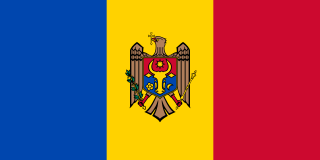
Moldova,officially the Republic of Moldova,is a landlocked country in Eastern Europe,on the northeastern corner of the Balkans. The country spans a total of 33,483 km2 (12,928 sq mi) and has a population of approximately 2.42 million as of January 2024. Moldova is bordered by Romania to the west and Ukraine to the north,east,and south. The unrecognised breakaway state of Transnistria lies across the Dniester river on the country's eastern border with Ukraine. Moldova is a unitary parliamentary representative democratic republic with its capital in Chișinău,the country's largest city and main cultural and commercial centre.
Moldovan or Moldavian is one of the two local names for the Romanian language in Moldova. Moldovan was declared the official language of Moldova in Article 13 of the constitution adopted in 1994,while the 1991 Declaration of Independence of Moldova used the name Romanian. In 2003,the Moldovan parliament adopted a law defining Moldovan and Romanian as glottonyms for the same language. In 2013,the Constitutional Court of Moldova interpreted that Article 13 of the constitution is superseded by the Declaration of Independence,thus giving official status to the name Romanian. The breakaway region of Transnistria continues to recognize "Moldavian" as one of its official languages,alongside Russian and Ukrainian. Ukraine also continued until recently to make a distinction between Moldovan and Romanian,with one village declaring its language to be Romanian and another declaring it to be Moldovan,though Ukrainian officials have announced an intention to remove the legal status of Moldovan. On 16 November 2023,the Ministry of Education and Science of the Ukrainian government stated that it has initiated steps to abolish the Moldovan language and to replace it with Romanian. On 13 January 2024,Ukrainian newspaper Dumska reported that the Ukrainian Ministry of Education and Science had announced all 16 schools in Odesa Oblast teaching "Moldovan" had dropped the term in favor of Romanian. On 16 March 2023,the Moldovan Parliament approved a law on referring to the national language as Romanian in all legislative texts and the constitution. On 22 March,the president of Moldova,Maia Sandu,promulgated the law.

The president of the Republic of Moldova is the head of state of Moldova. The current president is Maia Sandu,who assumed office on 24 December 2020.

The prime minister of Moldova is Moldova's head of government. The prime minister is formally appointed by the president of Moldova and exercises executive power along with the cabinet,subject to parliamentary support. Dorin Recean has been serving as prime minister since 16 February 2023 following the dissolution of the Gavrilița cabinet which took place during the same month.
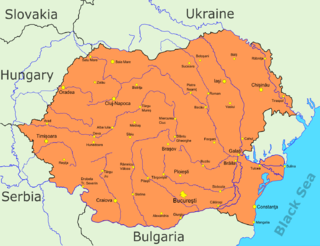
The unification of Moldova and Romania is a popular concept and hypothetical unification in the two countries that began during the Revolutions of 1989. The Romanian Revolution in 1989 and the independence of Moldova in 1991 further contributed to the development of a movement for the unification of the two Romanian-speaking countries. The question of reunification is recurrent in the public sphere of the two countries,often as a speculation,both as a goal and a danger. Though historically Romanian support for unification was high,a March 2022 survey following the Russian invasion of Ukraine indicated that only 11% of Romania's population supports an immediate union,while over 42% think it is not the right moment.

Mircea Druc is a Moldovan and Romanian politician who served as Prime Minister of Moldova between 26 May 1990 and 22 May 1991.

The following outline is provided as an overview of and topical guide to Moldova:
The Cabinet of Moldova is the chief executive body of the Government of Moldova. Its function according to the Constitution of Moldova is "to carry out the domestic and foreign policy of the State and to apply general control over the work of public administration".

The Mircea Druc Cabinet was the cabinet of Moldova.

The First Filat Cabinet was the Cabinet of Moldova between September 25,2009,and January 14,2011. It was a caretaker cabinet from the election of November 28,2010,until it was succeeded by the Second Filat Cabinet on January 14,2011.
Boris Focşa is a Moldovan politician. He was the Minister of Culture in the First Vlad Filat Cabinet and in the Second Filat Cabinet.
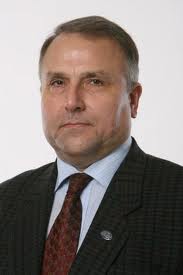
Mihail Șleahtițchi is a pedagogue,psychologist,university professor and politician from the Republic of Moldova. Former MP,Secretary and Chairman of the Parliamentary Commission for Culture,Education,Research,Youth,Sports and Mass Media,Former Minister of Education of the Republic of Moldova,Former Advisor to the President of the Republic of Moldova the fields of culture,education and science (2012-2016).
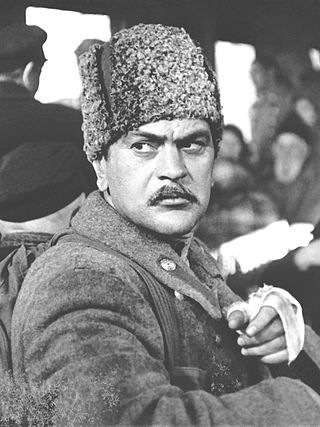
Ion Ungureanu was a Moldovan actor and politician.

The Second Filat Cabinet was the Cabinet of Moldova from 14 January 2011 to 30 May 2013. The Cabinet consisted of ministers from the Liberal Democratic Party of Moldova,the Democratic Party of Moldova,and the Liberal Party,who together formed the Alliance for European Integration. It was the second government to be led by Vlad Filat who was prime minister from 2009 until 2013. The Cabinet was installed after a successful vote of confidence held in the Parliament of Moldova on 14 January 2011.
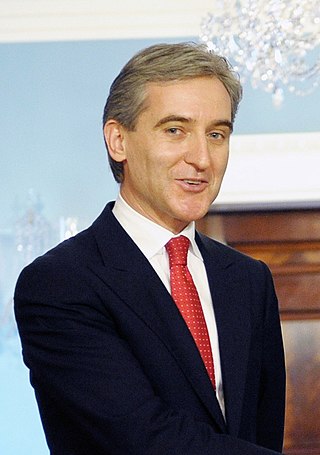
The LeancăCabinet was the Cabinet of Moldova from 30 May 2013 to 18 February 2015. The Cabinet consisted of ministers from the Liberal Democratic Party (PLDM),the Democratic Party (PDM),and the Liberal Reformist Party (PLR),a splinter group from the Liberal Party (PL),who together formed the Pro-European Coalition. The Cabinet was installed after a successful vote of confidence held in the Parliament of Moldova on May 30,2013.

The Ministry of Culture is one of the fourteen ministries of the Government of Moldova. The current minister is Sergiu Prodan. He has raised complaints due to the neglectance of culture in the Moldovan Government and the low salaries that the workers of the Ministry of Culture receive,specifying that in 2022 they would increase.
During the COVID-19 pandemic,Romania has supported Moldova on several occasions,supplying it with medical equipment and supplies,volunteer Romanian experts and doctors and even a series of COVID-19 vaccine units that arrived on 27 February 2021,which allowed Moldova to start its vaccination program.

The Gavrilița Cabinet was the Cabinet of Moldova,led by former Finance Minister Natalia Gavrilița from 6 August 2021 until 16 February 2023.
References
- ↑ "Two Moldovan ambassadors recalled". IPN Press Agency.
- ↑ "The Moldovan Culture minister fires the rector of the Academy for theatre, music and fine arts". Radio Free Europe Moldova.